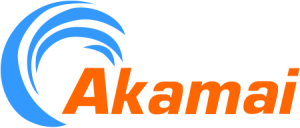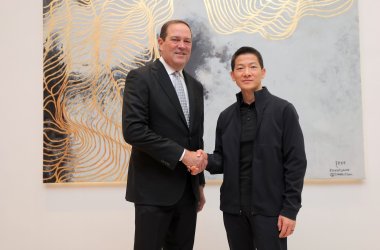 After four years of monitoring Internet traffic in Africa, Akamai Technologies is ready to enter the market, citing growing infrastructure and the number of Internet users.
After four years of monitoring Internet traffic in Africa, Akamai Technologies is ready to enter the market, citing growing infrastructure and the number of Internet users.
South Africa will be the first beneficiary, given its high number of Internet users and capacity being exchanged locally at Johannesburg, Cape Town and Durban Internet exchange points (IXPs).
“Four years ago, we looked at the content coming from Africa through our networks and it was not that significant. Today, the situation has changed because of increased infrastructure and South Africa will get our servers,” said Christian Kaufmann, director of network architecture for Akamai.
Speaking at the Africa Peering and Interconnection Forum, Kaufmann said that Akamai has a rigorous process that an IXP has to go through before getting servers, which reduce the cost of transit and lower latencies.
“We want to put servers in most countries but our legal department goes through the laws of the country to be sure how they deal with content. Especially in our case where we do not own the content, the legal process takes time,” added Kaufmann.
Apart from legal challenges, Kaufmann cited the lack of regional IXPs where Akamai can place servers, then the IXPs can share with other countries that may have restrictive laws but would benefit from the service.
At a separate panel, Google announced that its point of presence in South Africa will go live by the end of this week while Kenya is set to have its own PoP next year. Google runs cache at various ISPs in Africa but when traffic exceeds a certain limit, it puts up a PoP to cater for growing users.
“Google PoP in Johannesburg is going live this week and Kenya is going live next year. We can only do that in places where there is demand of our content,” said Mike Blanche, with Google peering and content distribution in Europe, Middle East and Africa.
While Akamai and Google expressed willingness to work with African IXPs, they also challenged peering coordinators to put more data online.





